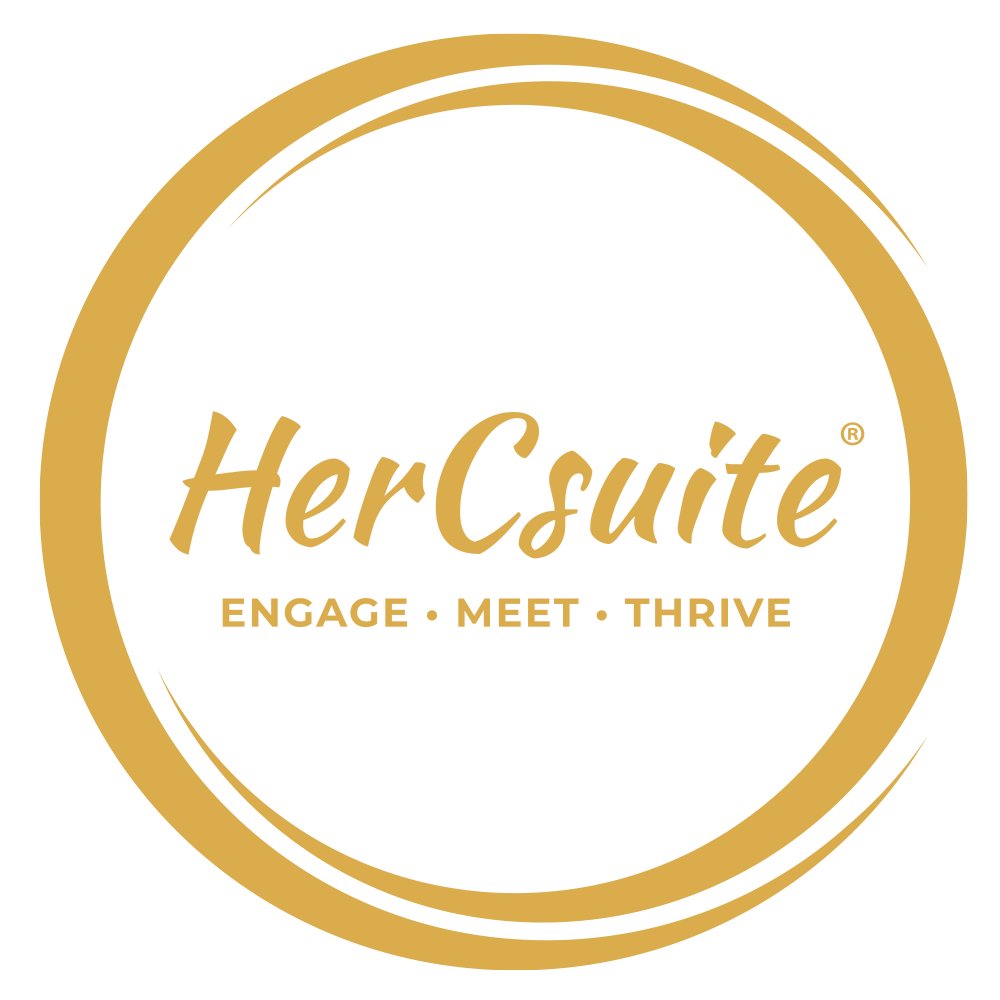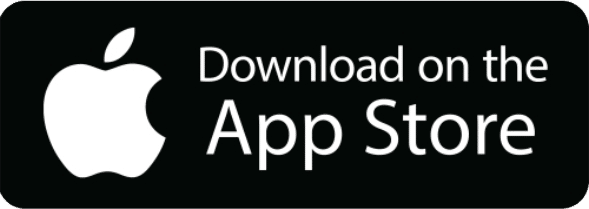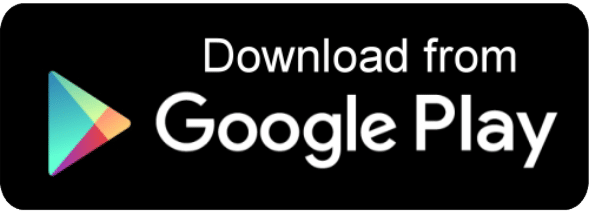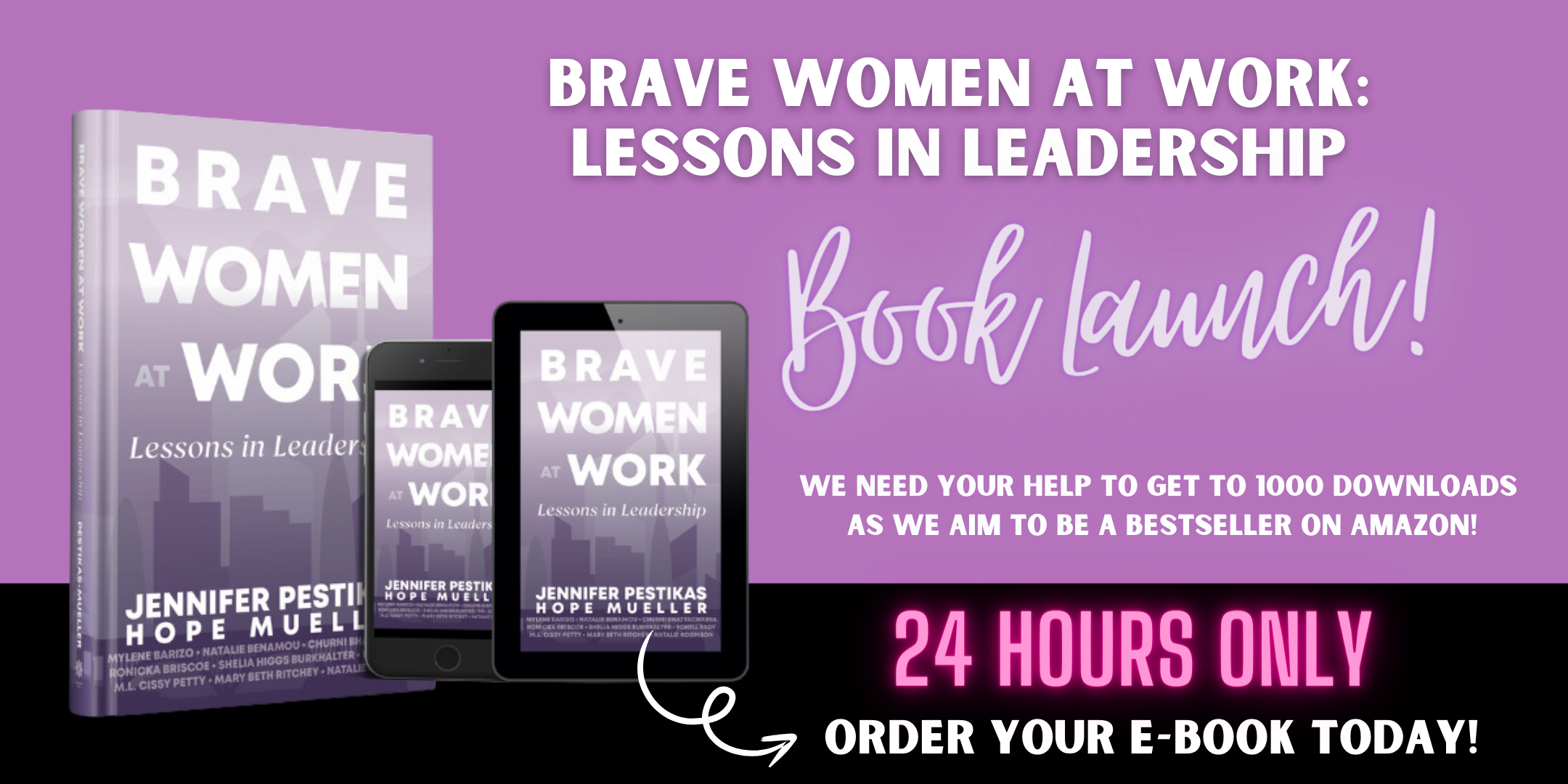Paying It Forward With Mentorship With Geoff Curtis, Executive Vice President, Corporate Affairs And Chief Communications Officer, Horizon
What is the ripple effect of not having a mentor? In this insightful interview, Geoff Curtis walks us through the impact he experienced of not having a mentor early in his career and why he is so passionate about being an executive sponsor for mentorship at Horizon.
Geoff shares an inside look at his career and how a mentor could have shaped key decisions along the way. Find out how he was able to create a positive outcome when faced with an unexpected challenge. This is key to the importance of leaving on good terms and how that can impact the future.
Join in the conversation with host Natalie Benamou and Geoff Curtis and discover:
- Why mentoring is valuable both for current and future career roles.
How sponsorship is different from mentorship and why you need both.
The value of expressing both vulnerability and transparency and how it can help accelerate your career.
- Details on how you can position yourself as an invaluable resource in your organization.
- How to navigate a big change like an acquisition and stay true to your core values.
Tune in and learn more about the value of mentorship and how you can use it to take your corporate career to the next level!
Geoff is the executive sponsor of a women's mentorship program inside HerCsuite™ and he exemplifies how sponsorship can make a huge impact for women in their careers.
Resources:
HerCsuite™ Radio is sponsored by HerCsuite™ Leadership Development programs and Circle 8 Mentorship Program designed to advance women at every career phase. Schedule a call and learn more.
HerCsuite™ Founder and Podcast Host Natalie Benamou can be found on LinkedIn | HerCsuite™ LinkedIn | HerPower2 LinkedIn
Thank you to Geoff Curtis for being on the show, and for being a sponsor for Horizon's Mentorship program inside HerCsuite™.
Thank you for listening to the show and shining your light out in the world! We would be honored if you subscribed and shared this episode with a friend or colleague today.
—
Show Transcript:
Geoff, I am so excited to welcome you to the show. Thank you for being on the show with me.
Thank you for having me, Natalie. I appreciate it.
We first came together in an interesting way with the mentoring program with Horizon. I got to hear your stories about you and your journey and what is important to you. For our readers who didn't have the benefit of knowing those stories, can you share a little bit about the arc of your career and what brought us to this moment now?
I'm happy to. I think what was probably the most interesting piece about the arc of my career, because I am so passionate about mentoring and coaching, is that throughout all of my career, I've never had a mentor. I have advisors; I have people who I look to for input from. Most of them are bosses, former bosses, or former supervisors, but I've never had a true mentor-mentee relationship. People always ask me, “How did you get into doing all of this mentorship and coaching if you've never had a mentor?”
The easy answer was I knew what was missing from my career and seeing that I needed to not necessarily pay it forward but pay it backward, go back and say, “Here's what I would've liked to have. Here's what I think I needed. What can I do based on my experiences and what I've been through to help others get to maybe where I'm at or maybe someplace differently, but to see that?”
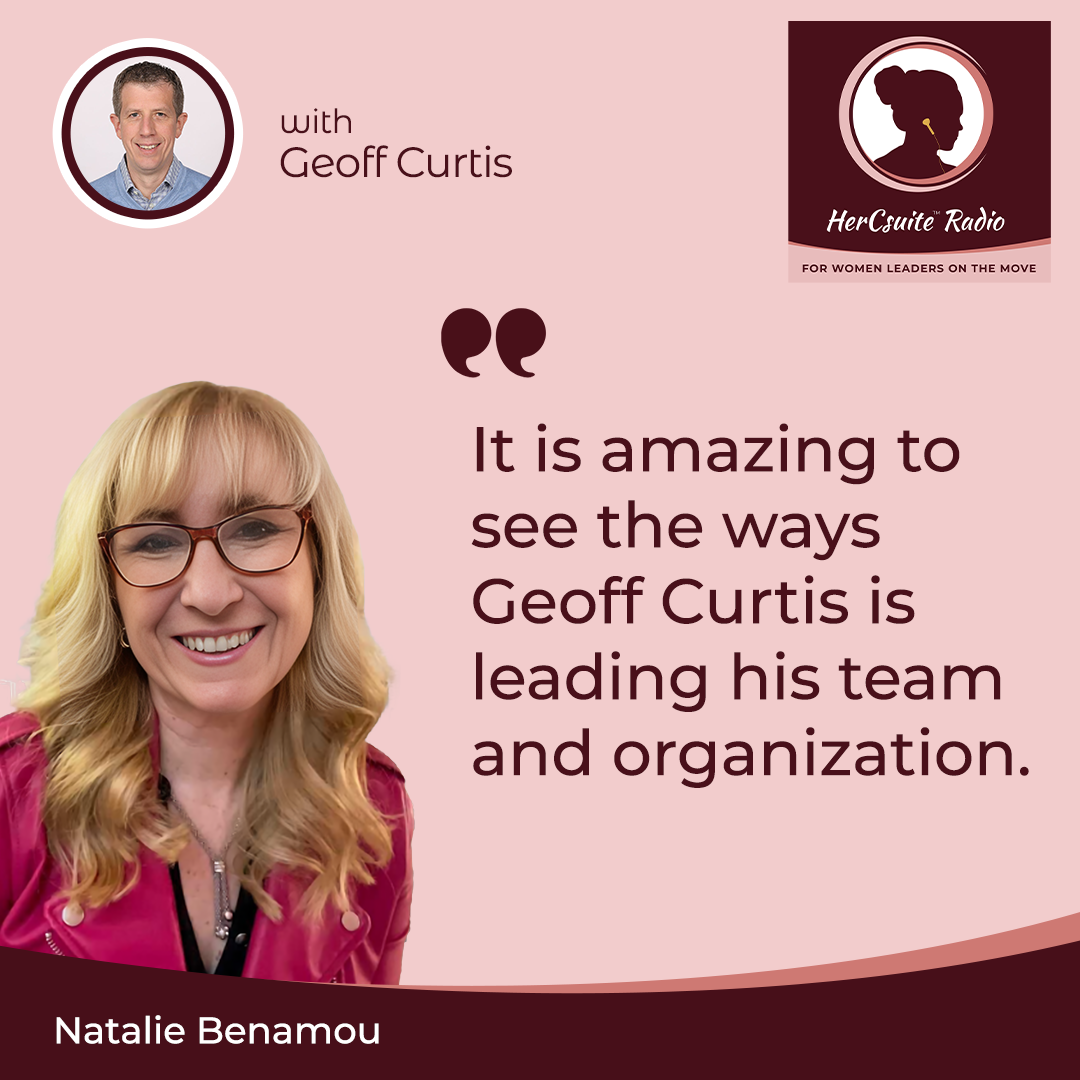
I gravitated through different work environments on the PR in Communications on the agency side, a couple of in-house roles, but throughout that, one constant was I never had a mentor. I don't know if I ever wanted one, Natalie. I don't know if I was too busy to look for one, but it's one thing that I've been very deliberate about as I get later in my career to be sure that I'm employing that mentor role to others who I come in contact with.
Sometimes people make career decisions when they don't have that external advice or that perspective, it may have a ripple effect going forward. Geoff, can you share a story with us about how that impacted you personally and the situation that happened to you early in your career?
Early in my career, I was in a situation. It was my first job out of college and when you are 21 or 22 years old and you're offered a job right out of college, you take the job because I was more worried about having the job than not having the job and what the job was. Thankfully I'd been an intern at this particular company for about two months and they hired me before I graduated.
I was working probably about 35 hours a week during the second semester of my senior year of college. I was getting ingrained into the office culture right away. I stayed at this job for three years, but during the course of those three years, I learned a ton, but my boss was very verbally abusive and it was something that I wasn't used to. It was a painful decision to make because I'm loyal to a fault.
That first job out of college, you've been somewhere for three years. I say, “I can probably endure this for a little bit longer.” I want to be loyal. I want to stick it out and stay with it, but I got to the point where I really couldn't. I made the decision that I was going to quit. Looking back and having left a job since then in the past, I know the appropriate way to do that. It is to say, “I'm going to put in my two weeks or 90 days or whatever it may be. I'm going to help you transition. I'm going to help you do these things and then I'm going to be on my way.”
I didn't do that. What I did do was I walked in face-to-face in an old-fashioned way. I handed a resignation letter and said, “I'm done. Here's my resignation letter.” My boss looked at me and said, “You're not even giving me two weeks?” I said, “No, I really can't.” I walked out the door. Fast forward a couple of years later, I went to a communication agency and was interviewing for a job on the client side with a large pharmaceutical company.
The recruiter for that large pharmaceutical company went back and called that first boss as a reference. I didn't give her as a reference, but they went back and called her as a reference. She told the recruiter that I was unhireable and that almost torpedoed my entire career, frankly, because if I didn't get that job at that large pharmaceutical company, I wouldn't have met my current CEO, who I work for now. Probably, I wouldn't be in the position I'm in now.
To your question about how can a mentor-mentee relationship help situations like that, it would have been great if I would've gone to someone and asked for advice. I went to my parents and my father-in-law for advice and they said, “Get out of there. It's not going to matter. It's your first job.” It almost ended up torpedoing my career or severely impacting my career.
I think that one lesson I've passed on to people I coach and mentor, regardless of where they are in their career path, is to be careful. Everybody always hears about burning bridges. I do say don't burn bridges, but if you have to, be careful about how you do it and what that next step may look like or what they would say about you when you leave.
I think that one lesson I've passed on to people I coach and mentor, regardless of where they are in their career path, is to be careful. Share on XMany things are coming to my mind, but one, in particular, is the sponsorship because I know you are the executive sponsor of this program we're working on. Also, having a sponsor behind the scenes that can be there for you that, in that instance, perhaps would've been behind the scenes telling that boss, “You should let him go. It's time. Let's part ways in a positive,” but there wasn't that sponsor and that domino thing happened in an unexpected way. Can you talk about how you sponsor and why that is so important? It is different from mentorship. It's the behind-the-scenes decisions that are getting made where you advocate for someone. Can you talk a little bit about that and why it's so important?
Back in the late '90s, in the situation that I talked about, the term sponsor probably took on a few different definitions and didn't actually mean what we're talking about, which is great that we've evolved to a sponsorship point. You bring up a very good point, Natalie, in that it's understanding that difference. You almost become a pitchman or a salesperson or somebody who you are sponsoring in order to either increase their visibility or talk about their skillset that they aren't talking about, but it's also in front of the right audiences.
It's almost that executive influence piece. I do have an example where somebody came to me in a completely different business unit at Horizon and said, “I'm wondering if you can sponsor me and help me get to a different role within the organization because I feel that I have skills that are not being used. I'm a little bit bored in my current position. There is not a lot of upward mobility. Can you help me?”
“From an influence standpoint, can you get me to where I may need to be or can get me on a different path from a career standpoint?”
From a sponsor's point of view, particularly if there are opinions or perceptions about somebody who you are sponsoring that you may not know about, it can be difficult. The sponsor can be put in a difficult position if they are sponsoring somebody that may not be thought of highly within the organization.
Thankfully, this wasn't the case, but I did do my research, Natalie, even with our CEO, to say, “I'm sponsoring this person. Are there any watch-outs that you've seen that I need to help this person with or that's going to hinder my ability to sponsor?” I played the role and talent reviews that we had with the executive committee and other opportunities to say, “This person wants to go and do somewhere else. The skills are good. It met all the objectives from a business standpoint but has aspirations to do something different.”
He ended up doing something different. He was elevated to a different role, working in a different position and that continues. He now continues on a different path, but it's a different mindset. It took a lot of research in advance to make sure the environment I was heading into, but also the receptivity from other executives or other people who are receiving that information to say, “Great. I'll take this and I will start thinking about that. This is great information and coaching.”
We met every month to go through, “Here's what I'm hearing. Here's what you should work on. Have you thought about getting a coach outside of work? Have you thought about getting media trained of all things or message trained, so the presentations are a little bit quicker?” It's a lot that goes beyond saying, “Here's what you should think about from a career pathing standpoint,” to now, it's a little bit more hand-to-hand combat to say, “I'm going to advocate for you in these three situations so be ready.” I have to be ready and you have to be ready for the potential result that may happen in being prepared for that next step.
What people don't realize is when you are asking that sponsor to be the person in the room, you are asking them to put themselves out there as you said. Going to the CEO and saying, “I want to be able to do right, but also I want to make sure that it's going to not be bad also because you could end up with that scenario.” I want to just ask another follow-up question about how when women want to get promoted, there is this difference. Maybe you could speak to this.
First of all, they tend to think that their work is going to get recognized and that they will naturally get asked to go to the next level because they're doing a great job. If an opportunity comes up, they feel like they have to have all ten boxes checked. I don't know if that was the case with the sponsor. It sounded like he was anticipating the boxes, but oftentimes, I hear so often from women that are looking to get to the next phase. They're like, “I didn't go for that one because I had 8 on the list of 10,” or whatever. What would you advise to someone that might be hesitant or also waiting for the tap? It’s because both of those things are counterproductive for them.
My advice is, and this is I think where you're going and what you would advise someone as well. Don't wait for the tap and don't worry about how many boxes you have checked. I went through this with my wife. There was a very higher profile role. Her immediate response to me was, “I don't have this, this, and this that they list in the job description.” I said, “It doesn't mean you can't throw your hat in the ring. Just do it.”



I know that's easier said than done, but I spend a lot of time with my team, particularly my direct reports, who are majority female and my team is 75% female. It's doing exactly that. I am coaching them through, “Keep going. Keep striving. Keep making it known what you want.” I think a couple of examples of this are that I always ask my direct reports if they want my job. If you say yes, I'm going to help you take my job, but I need to know that first.
The first person I asked, who was one of my direct reports at the time, her response was, “Nobody has ever asked me that.” I said, “Interesting. I'm asking you now. You told me you want it. Let's take it. Let's take my job and figure out how we get there.” I'm very deliberate about the advice I give and the questions I ask, “What's next for you? Do you want my job? Do you want this person's job? Whose job do you want? It’s because it's my job to help you get there, either as a coach, mentor, or sponsor. That's the best I can do.” There's no magic bullet from an answer standpoint. It's all an act for me in doing what I can, being as transparent as I can, and opening up the door to say, “If you want this job, let's work together to take it.”
That's great advice and I have a funny story to share with you that happened to me personally where I got a call from a recruiter and it was to be president of one of the biggest exhibit companies in the country. At first, I was like, “You don't mean me. You must mean someone else.” In Chicago, we say, “I got a guy.” I was like, “I'm sure I know somebody I could recommend.” He was like, “What do you mean?” I was thinking, “You can't possibly mean me. Let me think about it. I'll call you tomorrow.”
I called a friend and she asked, “What did you just do?” I replied, “Do you think that I could do this job?” She said, “Are you kidding? Go.” I was the only female to be considered. There were five final candidates. I didn't get the job. They hired from within, but even confident people who you would assume have it all going on may have doubts. You're ready, you get tapped and you're like, “Who are you talking to right now?” That was a good lesson.
It's interesting to bring that up because, in the Mentoring Circle that I did with CEO Action for Diversity, that was one of the topics. It’s like you're alluding to imposter syndrome in a way of, “I can't do this. Are you sure you mean me? Do I belong here? Do I belong at this table?” That was a big topic and what was interesting is that I've suffered through imposter syndrome for a majority of my career in not thinking that I belong and I was good enough.
It’s similar to you, Natalie, “Are you sure you mean me? Are you sure you mean I can do this?” Even though I did great work, I still had that voice in my head saying, “I don't know if you're qualified for that.” What was interesting in this mentoring circle, everybody stopped and said, “Wait a minute. You have been through it? You've been impacted by imposter syndrome?” I said, “Absolutely.” They said, “That helps us a ton because now I may know that my boss may have experienced that and maybe I can talk to he or she on a different level now if you’re saying you had.”
It's that vulnerability and transparency that also helps significantly whenever you're in these coaching, mentoring, and sponsoring situations. It’s because there's always that implication that you haven't experienced that just because of where you sit or you haven't had to deal with that because of where you sit. I always find that fascinating when people are either afraid to be that transparent or vulnerable or won't admit it because of whatever reason.
Vulnerability and transparency help significantly whenever you're in coaching, mentoring, and sponsoring situations. Share on XIt turned out for the better because then COVID hit and my industry ended. I was glad I wasn't running that big company. It was a good thing, but I learned so much that other opportunities came and then I was like, “You want me to be CGO of this company? Yeah, I'm ready for that.” It built my confidence up but you kind of have to have that moment of realizing, “If other people are seeing it, it must be true.”
You are in a unique position now with the changes that are happening in your organization and leading. We talked about this a little bit before we got started and it can be challenging to keep people feeling uplifted when there's uncertainty and you are not sure what to do next. What are some of the things that you're using to help you help the people that you're leading in this situation?
I think this is what I mentioned about the transparency, vulnerability, and empathy that leaders need to have, particularly in situations like that is key. The more I'm open with how I'm feeling and what I'm thinking, the more comfortable people on my team will be. Also, trying to do the best I can to walk through situationally what may happen or what may not happen, or what to think about.
I'll give you an example. A lot of the perception is when in our situation, we are being acquired and being acquired by a larger company. The perception is sometimes that there is an increased amount of bureaucracy, red tape, or whatever it may be for all of us who have worked at larger companies, which is different from what we may experience at our current company. There is a lot of speed, agility, etc. That's a perception because we don't know and we haven't worked at that other company and that sinks into a lot of people's minds to say, “I'm not going to be able to have this.”
In addition to being as open as I can about how I'm feeling, I'm also telling people and coaching people to say, “Focus on the things that aren't going to change.” That is what is internal to you, your value, core, work ethic, creativity, and all of those things. That's not going to change regardless of the environment you're in. Look at how those things may impact change at the new organization and look at it as a significant opportunity.



Even if it's not an opportunity at that organization, you still have that mindset wherever you go, whatever company you work at. The things that you've learned here and who you are doesn't change as you travel. That is a mindset change that people need to understand and grasp behold of versus a very situational thing or a perception of what a company is where they haven't even worked. Also, focus a little bit more internally on how can you use this as an opportunity to express your values, your core, and your creativity in a new environment.
Our mentoring program is about knowing and understanding what is most important to you as a person and your values. That helps be your North Star to guide you to where you want to go. I have one last question because it's always so hard to have these kinds of conversations with people and it's like, “I can talk to you.”
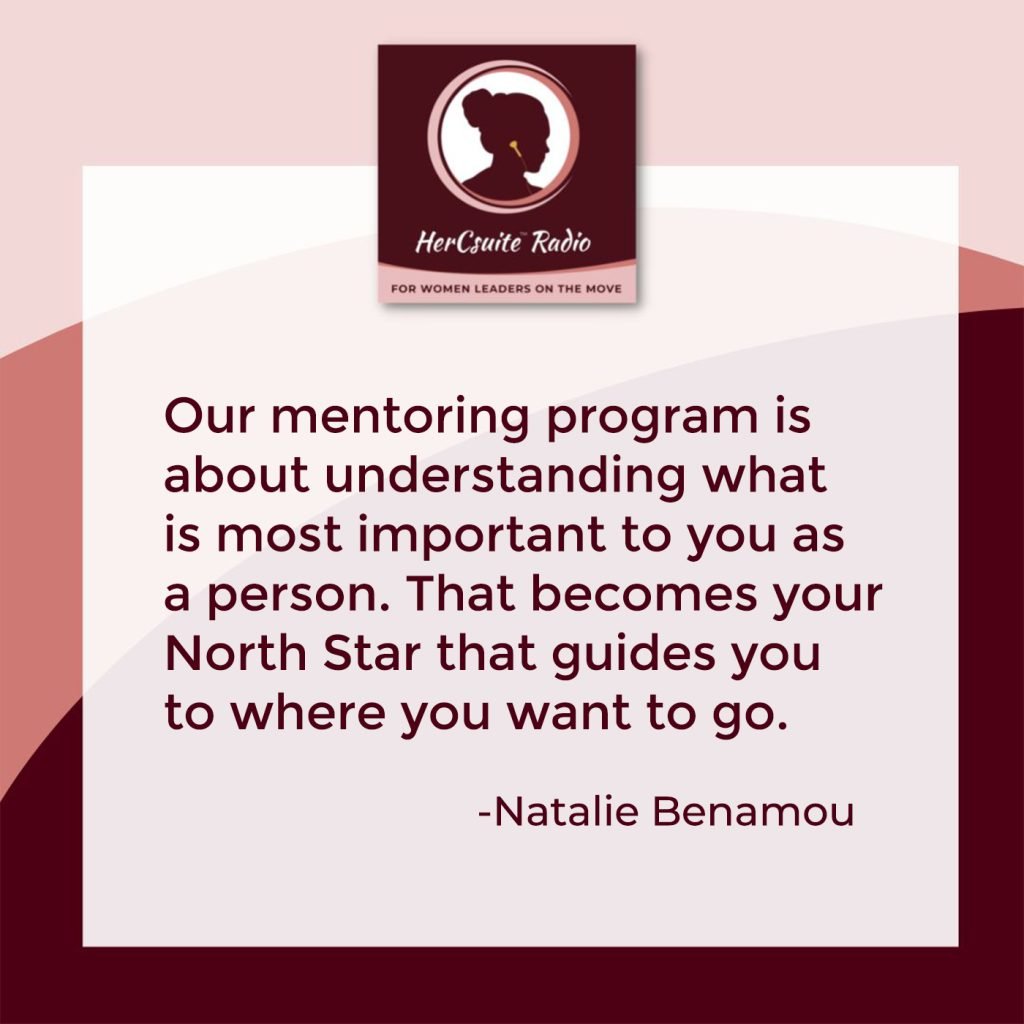


I want to make sure I ask that if you are facing something like this, is it helpful to increase your visibility in your organization? What are some things that people should be doing in anticipation of the big change? Maybe you've been in this siloed position or maybe you're an introvert and you're not someone that networks outside of your department, for example. You were describing the person that you sponsored. What are some things that people should be thinking about to get ready and have visibility and not wait for that tap on the shoulder but anticipate how they can be viewed as that valuable voice or resource to go to?
It's the most common question I'm getting right now throughout my team. I'm advising people to focus on their strengths and think about how they express those strengths. Not to necessarily change anything and over-rotate on things they may be doing on a day-to-day basis, but how do you start to articulate where you want to go, what you want to be, and what you want to do regardless of the organization?
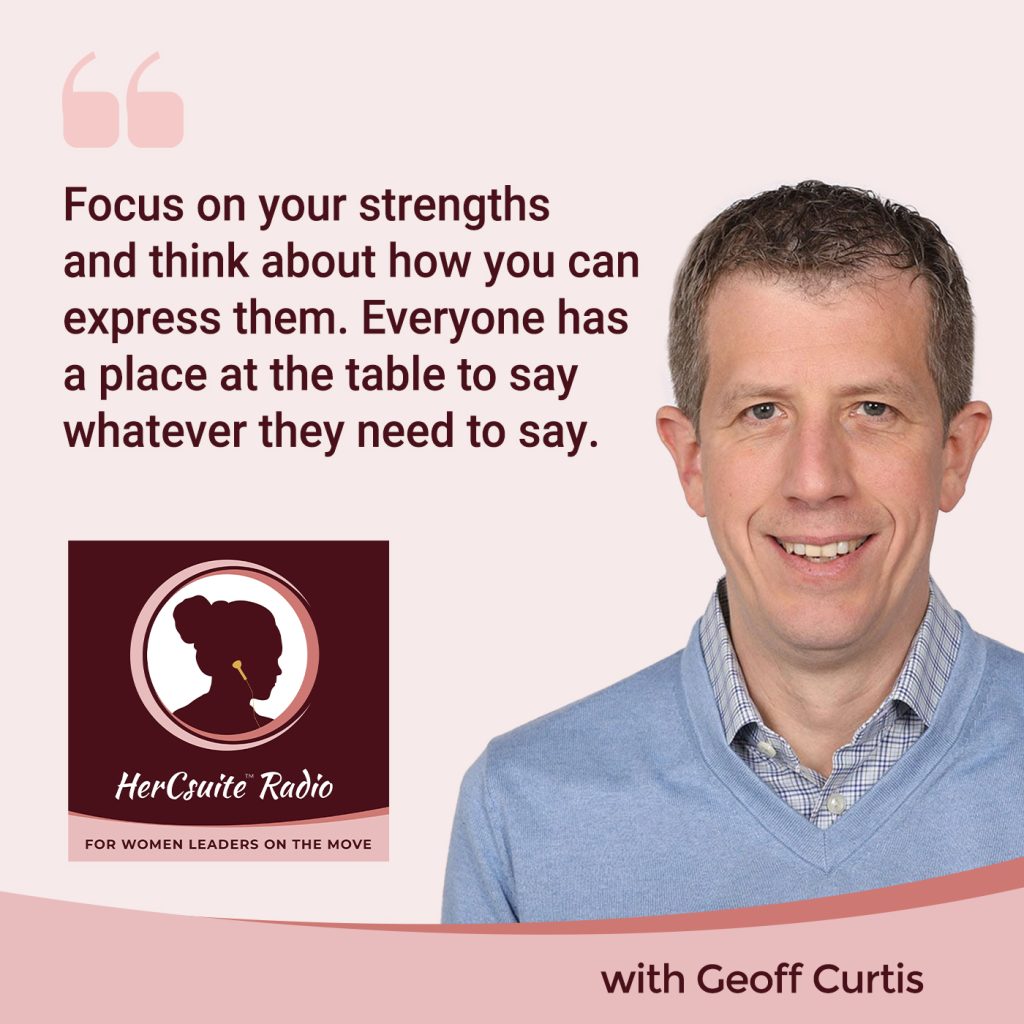


Think about articulating what skills you think you still need to progress throughout the path and being vocal about those. I've always felt that there's no such thing as over-communication. The good news, at least I feel in my team, is that I over-communicate. I’m very transparent. I think people feel that everyone has a place at the table to say whatever they need to say. I’m hopeful and I continue to tell people, “Problem? bring it up. Issue? bring it up so that I can help coach you or talk you through that.”
I think it's exercising that over-communication and transparency the best you can in addition to the articulation of kind of future path skills that you may need to do that. It's funny because we're going through a talent review process or we will go through a talent review process as it relates to the transition and I'm getting that question that you just asked more and more because what should I highlight? What should I highlight with specific teams? The good news is that I think you can be as broad as you want to be and as you feel you should be from understanding and helping others understand how talented your people are and what they do beyond the day-to-day. That works for them as well. It's, “How do you start to articulate that?”
You have ERGs and things like that and being involved in other areas in the organization that is outside of your role, how is that beneficial for being ready? I think that sometimes people wait until the situation happens and then they're like, “I better do something quick.” Be ready if you're participating in things that the company offers to you in advance and before you know this situation came up, to better position someone.
I think you're probably ready for the diverse experiences you may have at a new organization. I think probably the best way to capture it is the more diversity you have in your day-to-day from an experience standpoint is going to prepare you a lot better for change, transition, and all of that. I think that only increases, too, Natalie, as you progress throughout your career. If you get that at a younger professional, earlier experience than that, it's only going to be more helpful as you progress throughout your career. I do think it helps prepare you because you can pivot a little bit more and understand a little bit more situationally of things that may or may not happen. I do think it helps.
If people want to know more about you and all the things that you're doing, where should they go?
I think LinkedIn is probably the best place.
I have so enjoyed this conversation, Geoff, with you. It has been a pleasure to get to see you again and to have this conversation. Also, for people to read about the amazing ways that you're leading your team and your organization. It's an inspiration. I'm glad that we have this partnership. It's an honor and I loved our conversation. Thank you.
Thank you very much, Natalie. It was a pleasure speaking with you.
—
Thank you for spending your time with us. This show is sponsored by HerCsuite™ Development Programs. Not all of our programs are the right fit for everyone. That’s why we created a three-question survey to learn which program will help you gain a professional advantage. Find the survey on HerCsuite™.com right next to the Schedule A Call button. If you found this episode helpful, I would be so honored if you would share it with a friend or colleague. Keep shining your light bright. The world needs you.
Important Links
- Geoff Curtis
- Horizon
- CEO Action for Diversity
- https://HerCsuite.com/wp-content/uploads/2023/02/HerCsuite™-Circle-8-Leaderhip-Development.pdf
- https://HerCsuite.com/find-the-right-program/
About Geoff Curtis



Not one to shy away from a challenge, I take calculated risks and overcome hurdles. I am intellectually curious and continuously look beyond the short-term to see future trends. Moreover, I counsel executive leadership teams on best practices to improve operations effectiveness for cross-brand communications, public and media relations, executive speech writing and visibility, and crisis management. I am willing to take uncharted paths to remain competitive.
Natalie Benamou
Founder, CEO
HerPower2, Inc, | CGO HerCsuite™ | Podcast Host HerCsuite™
Natalie founded Herpower2, inc. to create products under HerCsuite™ to empower women to make a lasting impact today and into the future. She takes a ‘serve first’ approach to life and has applied this principle throughout her career, serving in leadership positions in business as well as non-profit organizations.
Share this story:
HerCsuite® is an official product of HerPower2 Inc. | all rights reserved – Privacy Policy – Terms & Conditions



